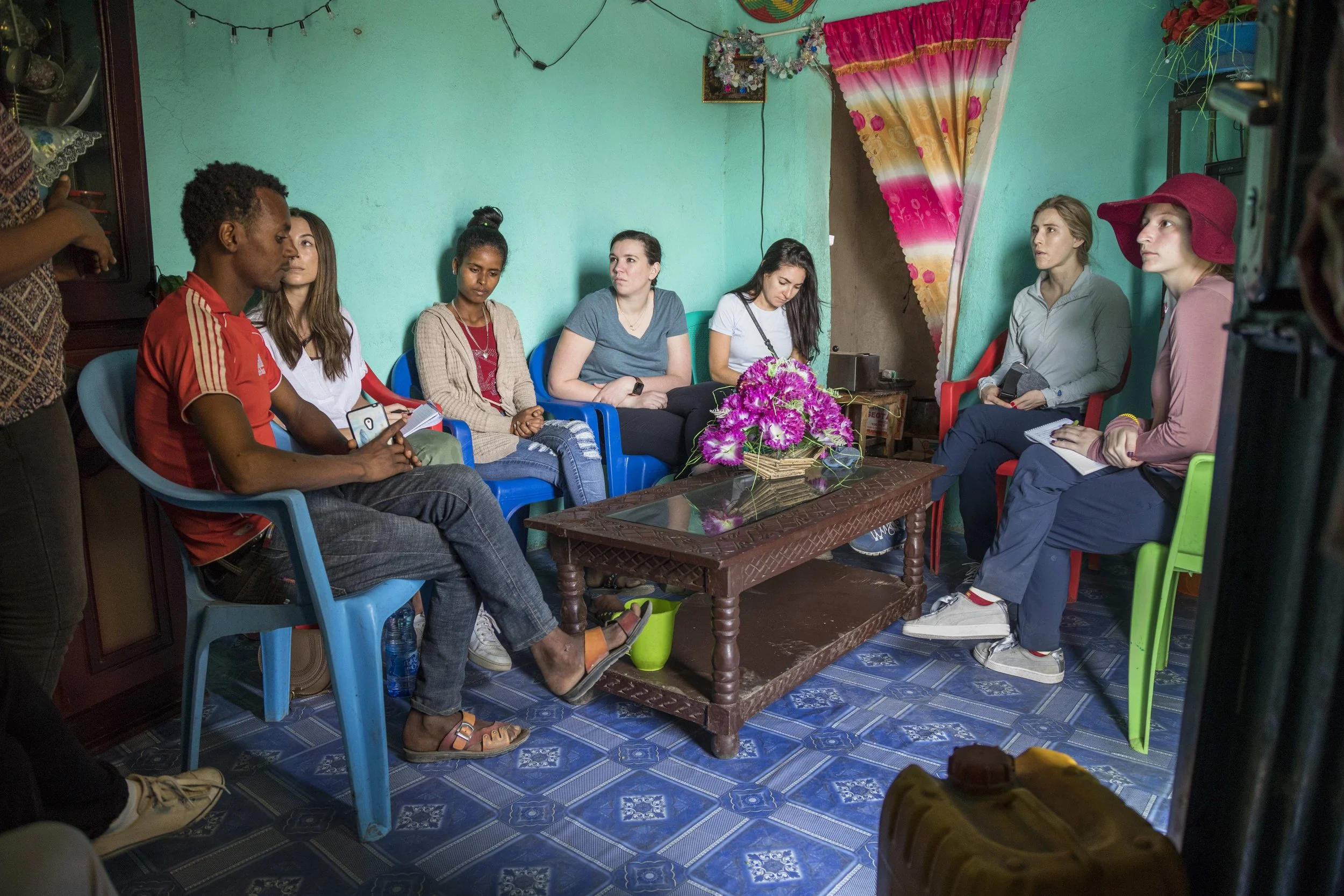One Funder on a Mission to Help Kids in Africa Survive Cancer
/The Bristol-Myers Squibb Foundation has a solid history of combatting the world’s dread diseases, particularly those that are ignored by other like-minded funders. Last year, for example, the charitable arm of the multinational pharmaceutical company awarded $1.15 million in grants to combat the hepatitis C virus (HCV) in sub-Saharan Africa, a region of the world that has one of the highest global burdens of the disease. The grants were awarded through the foundation’s Viral Hepatitis C Initiative, and the effort is being led by the TB/HIV Care Association. The initiative’s target populations are populations that have a higher risk of contracting HCV such as people who inject drugs, men who have sex with men, and sex workers.
Related: Can Bristol-Myers Squibb Conquer Hepatitis in Asia?
The BMS Foundation also has its eye on improving the cervical cancer survival rates for women in Tanzania and has awarded over $1 million in grants to various outfits in Africa that are raising awareness about cervical and breast cancer screening, and treatment.
Now, the foundation is taking aim at pediatric cancer and blood disorders in Africa.
It’s estimated that around 80 percent of children in the United States survive cancer. In parts of Africa, though, it's a very different—and much sadder—story. Where infrastructure is lacking and there aren't enough qualified physicians, oncologists, and trained healthcare workers, the mortality rate for pediatric cancer patients can be as high as 90 percent. In fact, there are only about four specialist children’s hospitals on the entire continent.
There is some good news on this front, however. The Nelson Mandela Children’s Hospital recently opened in Johannesburg, South Africa, with the help of big funders like the Gates, Kellogg, GE, and C.S. Mott foundations. Unfortunately, however, for many children in Africa, cancer is still a veritable death sentence.
Now, the BMS Foundation is joining forces with some powerful partners to give children with cancer in Botswana, Malawi, and Uganda a fighting chance of survival.
The foundation is committing $50 million over five years to the Global Hematology-Oncology Pediatric Excellence (HOPE) Initiative. BMS is partnering with the governments of Botswana, Malawi, and Uganda, as well as the Texas Children’s Cancer and Hematology Centers, and the Baylor College of Medicine International Pediatric AIDS Initiative at Texas Children’s Hospital to launch the Global Hope initiative, which is the first comprehensive pediatric hematology-oncology treatment network in Africa.
The initiative will train 4,800 healthcare workers across Botswana, Malawi and Uganda, and other African countries. This training will include doctors, nurses, social workers and specialists. The most urgent need is for more doctors, as there are currently only five pediatric oncologists in all three countries combined. A portion of the $50 million is also allocated for clinical infrastructure and other operations.
The Global HOPE initiative doesn’t represent uncharted waters for the BMS Foundation. It builds on nearly 20 years of the foundation’s Secure the Future program. Over that time, BMS and its partners leveraged existing resources to create the largest pediatric HIV treatment network in the world. Since 1999, Secure the Future has worked with local communities to support people affected by HIV, tuberculosis, women’s cancers, and lung cancer.
Through its giving, the BMS Foundation promotes health equity and aims to improve health outcomes for people around the world. A particular focus is on populations that are disproportionately affected by diseases like HIV/AIDS and HCV. And it's not unusual for BMS to take unconventional approaches to its funding. When speaking of the foundation's latest gift to the Global HOPE initiative, Giovanni Caforio, chairman of the BMS Foundation and CEO of the Bristol-Myers Squibb Company, said he hopes that the gift will help in “creating a blueprint for other countries to follow.”
A final point, here: This initiative is another example of how more funders working in the global South are now giving attention to the non-communicable diseases that are top killers in the developed world. Fighting such diseases has always taken a back seat to work against infectious diseases like malaria, TB, and HIV/AIDS. Now, though, this seems to be changing, as the world has made dramatic progress on some of those other battle fronts.
Related: Next Up for Global Health Funders: Battling Killers Well Known in Rich Countries?





























